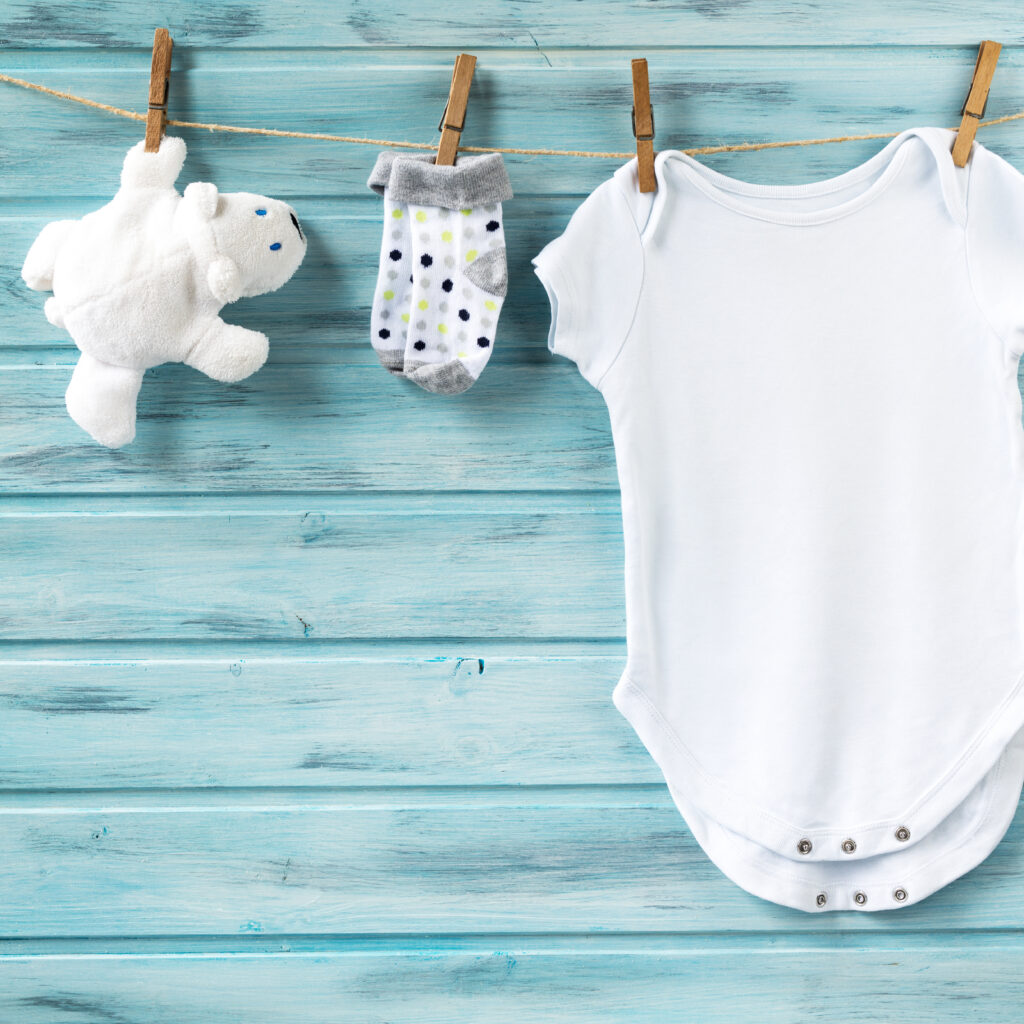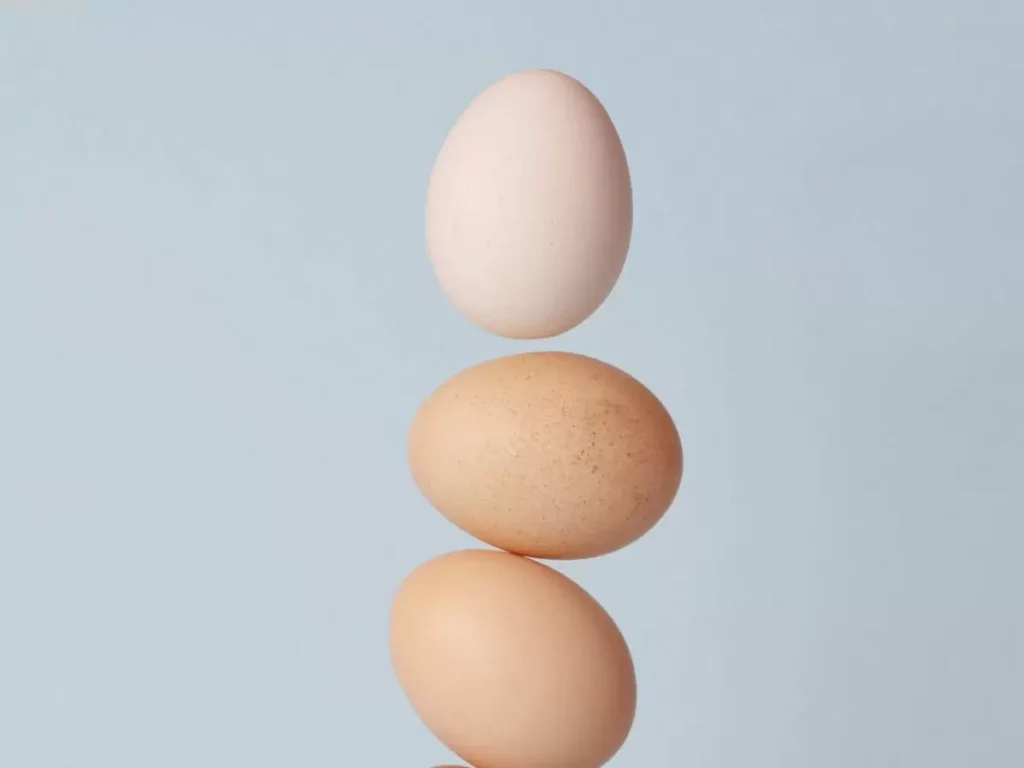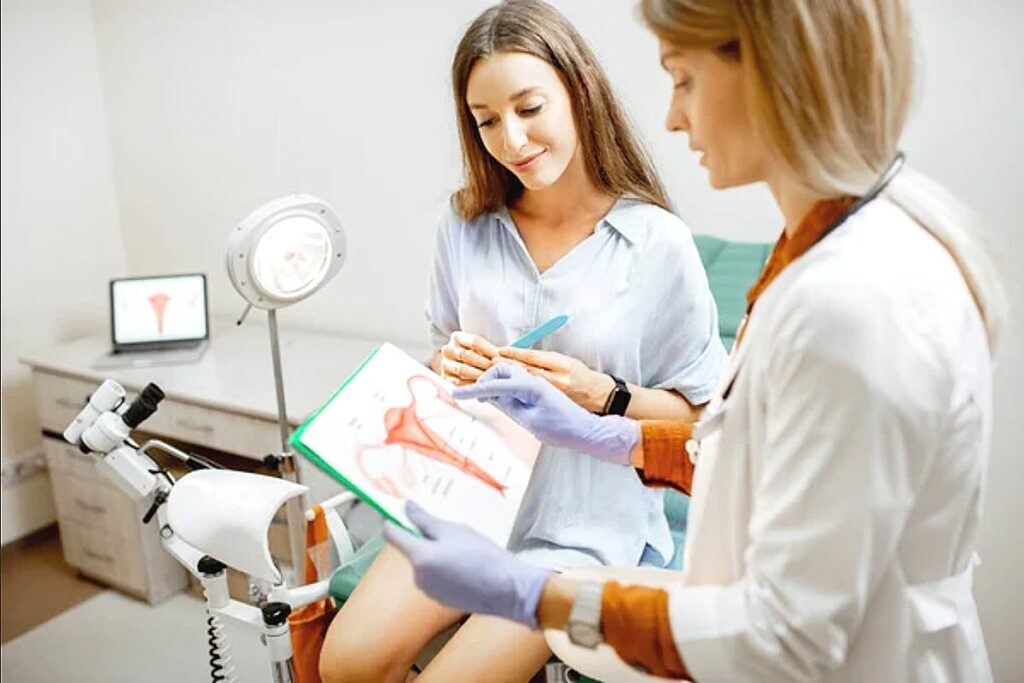Category Archives: Egg Donation
The Journey of Donated Eggs: What Happens Next?
Egg donation is a remarkable and selfless act that has the power to transform lives. It’s a process where women generously contribute their eggs to help individuals and couples facing infertility challenges realize their dream of becoming parents. But have you ever wondered what happens to your donated eggs once you’ve made this compassionate decision? In this comprehensive exploration, we’ll take you through the fascinating journey of donated eggs, from their initial contribution to the potential birth of a new life.
Screening and Selection: Ensuring Donor Suitability
The journey of donated eggs commences with a rigorous screening and selection process. This involves thorough medical evaluations, genetic testing, infectious disease screenings, and psychological assessments. The goal is to ensure that the egg donor is in excellent health and carries a low risk of passing on hereditary conditions. Only donors who pass these meticulous evaluations move forward in the process.
Stimulation and Egg Retrieval: Harvesting the Eggs
Upon selection, the egg donor undergoes a controlled ovarian stimulation process. This entails a series of hormone injections that stimulate the ovaries to produce multiple mature eggs. The progress of the donor is closely monitored through blood tests and ultrasounds. Once the eggs are deemed ready for retrieval, a minimally invasive procedure known as egg retrieval is performed. Typically conducted under sedation or anesthesia, this procedure minimizes discomfort.
Fertilization and Embryo Development: The Creation of Life
The journey takes a crucial step when the retrieved eggs are fertilized with sperm. This can be from the recipient’s partner or a sperm donor and typically occurs in a laboratory setting. Over the course of several days, embryologists closely monitor the development of these fertilized eggs into embryos. The objective is to create healthy and viable embryos that have the potential to lead to a successful pregnancy.
Matching with Recipients: Finding the Perfect Match
Simultaneously, recipients of donated eggs are preparing for their part in the process. These recipients may be individuals or couples who have encountered infertility challenges due to various factors, such as age, medical conditions, or genetic issues. The matching process is meticulous, taking into account specific criteria, including physical characteristics, blood type, and other relevant factors.
Embryo Transfer: Planting the Seed of Parenthood
Once suitable embryos are ready, they are transferred into the recipient’s uterus. This procedure is often guided by ultrasound imaging, making it relatively painless and minimally invasive. The hope is that one or more embryos will implant in the uterine lining and lead to a successful pregnancy.
Pregnancy and Beyond: The Realization of Dreams
If the embryo transfer is successful, the recipient will embark on the journey of pregnancy. Routine prenatal care ensures the health and well-being of both the mother and the developing baby. This period marks the culmination of the remarkable journey that began with the selfless act of egg donation.
The Impact of Egg Donation: Changing Lives Forever
The impact of egg donation is immeasurable. It provides hope and a pathway to parenthood for individuals and couples who may have longed for a child without the means to do so. Donated eggs have the potential to bring forth healthy, happy babies and create loving families.
Legal and Ethical Safeguards: Ensuring Fairness and Integrity
Throughout the entire process, stringent legal and ethical safeguards are in place to protect the rights and interests of all parties involved. Legal contracts define responsibilities, rights, and compensation. Ethical guidelines ensure that the entire process is conducted with the utmost integrity, transparency, and respect.
Conclusion: A Journey of Compassion and Hope
The journey of donated eggs is a profound and life-affirming one. It begins with the generosity of donors and unfolds with the expertise and dedication of medical professionals. The impact of donated eggs extends far beyond the laboratory, touching the lives of individuals and families who have longed for the gift of parenthood. Whether you are considering becoming an egg donor or a recipient, it’s essential to seek guidance from experienced professionals who can navigate this journey with care, compassion, and expertise, ensuring the best possible outcome for all involved.
Egg donation has become a pivotal advancement in the realm of reproductive medicine, offering hope and opportunity to countless individuals and couples struggling with infertility. This process involves a generous donor contributing her eggs to help another person or couple achieve their dream of parenthood. While the concept of egg donation is undoubtedly transformative, questions about its safety linger in the minds of many. In this comprehensive guide, we will delve into the intricacies of egg donation to shed light on its safety, ensuring you are well-informed before embarking on this life-changing journey.
The Egg Donation Process
Before we discuss safety, let’s gain a fundamental understanding of the egg donation process. Egg donation is a meticulous, multi-step procedure that involves several key stages:
Screening: Egg donors undergo rigorous screening, including medical and psychological evaluations, genetic testing, and infectious disease screenings. This comprehensive assessment ensures that only qualified donors participate.
Stimulation: Donors receive hormone injections to stimulate the ovaries and promote the development of multiple egg follicles. Frequent monitoring through blood tests and ultrasounds is conducted during this phase.
Egg Retrieval: Once the eggs have matured, a minimally invasive procedure called egg retrieval is performed. It is typically done under sedation or anesthesia to minimize discomfort.
Fertilization: The retrieved eggs are fertilized with sperm, either from the recipient’s partner or a sperm donor, to create embryos.
Embryo Transfer: Developed embryos are transferred into the recipient’s uterus, where they have the potential to implant and result in a pregnancy.
Is Egg Donation Safe?
Safety is a paramount concern for both egg donors and recipients. Let’s examine the safety aspects from both perspectives:
For Egg Donors:
Medical Screening: Egg donors undergo thorough medical evaluations to ensure they are healthy and suitable for the procedure. This reduces the risk of complications.
Short-term Risks: While the stimulation phase carries some short-term risks such as ovarian hyperstimulation syndrome (OHSS), these are relatively rare and closely monitored by medical professionals.
Long-term Health: Extensive research has not shown any significant long-term health risks associated with egg donation.
Psychological Support: Donors receive psychological counseling to address any emotional concerns related to the process.
For Recipients:
Medical Oversight: Recipients benefit from close medical monitoring throughout the process to ensure a safe and successful pregnancy.
Quality Control: Egg donor agencies and fertility clinics adhere to strict regulations and quality control standards to minimize potential risks.
Success Rates: The chances of a successful pregnancy with donor eggs are generally high, providing hope and optimism to those facing infertility.
Legal and Ethical Safeguards
Egg donation is heavily regulated in many countries to protect the interests and safety of all parties involved. Legal contracts are established to clarify rights, responsibilities, and compensation. Ethical guidelines ensure that the process is conducted with utmost integrity.
Conclusion
Egg donation is a safe and well-regulated process that offers hope to individuals and couples struggling with infertility. Rigorous screening, medical oversight, and ethical safeguards are in place to ensure the safety and well-being of both donors and recipients. While no medical procedure is entirely risk-free, the benefits and success stories associated with egg donation underscore its safety and transformative potential. If you are considering egg donation, consult with experienced fertility specialists who can provide personalized guidance and support throughout your journey toward parenthood.
Becoming an egg donor is a beautiful gift that can change lives and fulfill the dreams of those longing to start a family. By considering compensation fees, legalities, medication, blood tests, and selecting the right clinic, you are laying a solid foundation for a positive and rewarding egg donation experience. Take the time to educate yourself, ask questions, and embark on this incredible journey with confidence.
Becoming an egg donor for IVF is a deeply gratifying experience on multiple levels. From empowering others to build families to creating lasting connections and contributing to medical advancements, the impact of your generosity extends far beyond the immediate recipients. It is a journey of personal growth, self-discovery, and the knowledge that you have made a profound difference in someone’s life. If you’re considering becoming an egg donor, know that you have the potential to change lives and create a positive legacy.
In recent years, there has been a trend of more and more people choosing to become egg donors. While the reasons for this are varied, there are some common themes that stand out. Read on to learn more about why this trend is happening and what it could mean for the future of fertility treatments. […]










